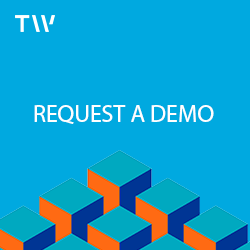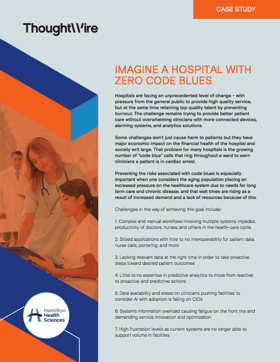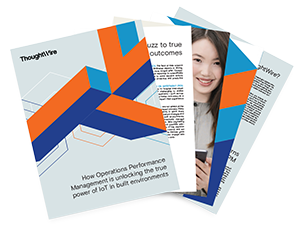Time is Money
This proverb first became well known in the 1700s, but actually dates back to as early as 430 B.C. It's a strong phrase that gets to the point: 3 simple words that reverberate the value and urgency of time...
How many of you are sick and tired of hearing it?
In my previous blog post, I introduced the notion that time, despite being finite, seems to speed up or slow down depending on the circumstances. When you’re waiting to hear an important result from the doctor, time seems to drag on. Or when you’re scrambling to complete a task, time seems to race away from you. Everybody has the same 1440 minutes in the day, yet how we spend it determines everything. Most people spend anywhere from one-third of their waking day working, or as much as the entire timespan, in which case time certainly can be seen as money. For this blog and the next, I challenge you to look at time differently – as a resource.
Just like any other non-renewable resource in this world, time can be viewed in 3 different ways: its utility, its availability, and its ability to be consumed. I already spoke to its availability, and to avoid this becoming a philosophical blog post, I’ll stay away from discussing its ability to be consumed. Instead, I will focus on its utility, specifically in the healthcare space.
I recall very vividly a time when I was working as a clinical informaticist, implementing an electronic health record solution at a hospital. The nurses were excited that they were each going to have their own computer to chart at. No more fighting over the patient’s chart, no more deciphering their colleagues’ handwriting. It was going to be a game changer for the mental health ward.
Fast forward a few months after the implementation, and what surprised me the most was how the nurses were using the computers. Their old habits still existed: they would perform batch documentation whenever they finally got to sit down, but they were completing it much quicker. Despite the reduction in documentation time however, the nurses spent the same amount of time in the nursing station on the computers! Rather than reading their colleagues’ documentation on each patient, they were looking up drug interactions, new treatments, new best practices... they were studying. They were also using the computers to look up vacations, go on social media, and check their personal emails as well but hey, we’re all human.
New healthcare technology always promises to give clinicians back more time so that they can spend it with their patients, but the cold hard truth is, that’s not the first thing the clinicians are going to think about with that regained time.
I can finally space out my work and supplement my learning and growth.
They are going to want to use that recovered time on what is missing from their current day-to-day: studying, relieving stress and avoiding burnout, and socializing with other patients and colleagues. I don’t think there is anything wrong with that; if you really want to have better patient outcomes and satisfaction, if you really want to save money on overtime, sick calls, and agency staff, you should also consider the clinicians. The end outcome is the same.
When time is viewed as a resource, it becomes a lot easier to see its utility and what the true outcomes will be.
About the Author
Dan Nguyen, Manager of Healthcare Solutions at ThoughtWire - with a clinical background and interest in process/outcome improvement through technology. Dan is a Registered Nurse holding a Master's degree in Health Informatics.






